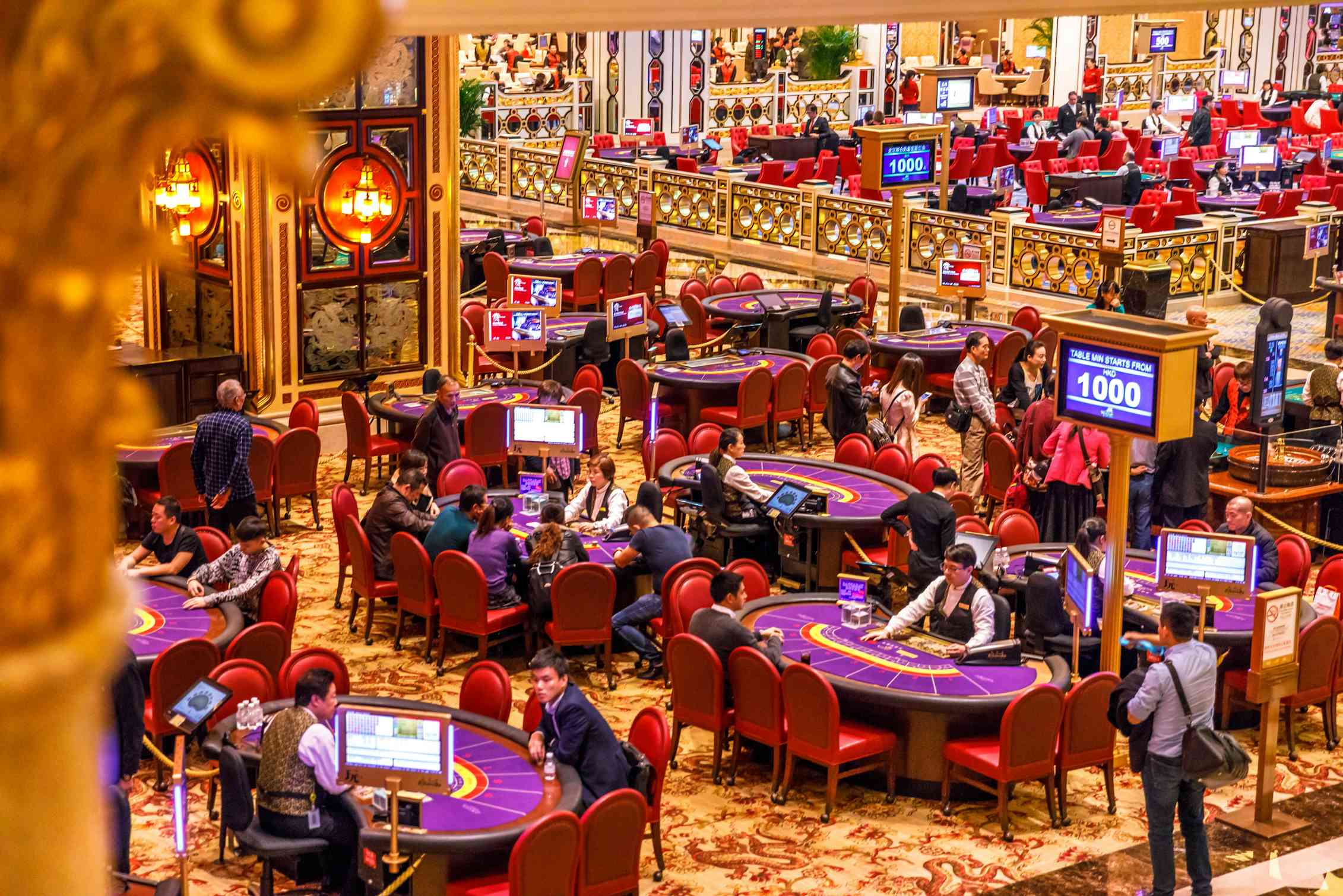
Casino gaming has long been a topic of interest and controversy, attracting millions of players around the world. With a mix of chance, strategy, and the thrill of uncertainty, casino games offer an exhilarating escape from everyday life. However, as entertainment becomes ever more available, it invites a deeper examination of the morality surrounding these games.
At the heart of the discussion lies the question of whether casinos promote safe gambling or take advantage of vulnerable individuals. The allure of potential winnings versus the truth of losses can create a challenging dynamic, and understanding this balance is crucial for both players and operators. As we delve into the morals of casino gaming, we will explore the duties of casinos, the impact on society, and the measures that can be taken to foster a better gaming environment.
The Impact of Casino Gaming on Society
Casino gaming has a significant influence on societal dynamics, affecting not only the economy but also social behaviors and local frameworks. The funds generated from casinos can lead to job creation and boost local economies, as they provide various employment opportunities in different sectors including hospitality, leisure activities, and shopping. However, while the financial benefits can be significant, communities often grapple with the potential negative impacts that arise from increased gambling activity.
Additionally, the presence of casinos can lead to an increase in gambling addiction, presenting serious challenges for individuals and families. The thrill of casino games can quickly transform into a habitual habit, affecting personal relationships and leading to monetary issues. Many players may find it difficult with the loss of control over their gambling behaviors, resulting in a need for community support services and help to address this increasing issue. The social cost of addiction can ripple through kinships and neighborhoods, creating an urgent need for responsible gaming initiatives.
In addition to the economic and social consequences, casino gaming often reflects cultural attitudes towards uncertainty and entertainment. It can foster a sense of joy and leisure, attracting visitors and boosting tourism. However, this allure may also mask the broader implications of gambling as a method of entertainment, provoking ethical questions about its advertisement and availability. As communities weigh the advantages and disadvantages of casino gaming, the need for sensible approaches and regulation becomes increasingly critical in ensuring that the positive aspects are enhanced while reducing the potential harms.
Ethical Concerns in Gambling Practices
The ethics of gambling gaming often center around the risk for addiction and its consequences on individuals and households. Gambling can lead to serious financial distress, impacting not only the betters but also their loved ones. As individuals become caught in the appeal of winning, many lose sight of their financial limits, which can result in devastating outcomes such as insolvency. This raises ethical questions about the responsibility of casinos in fostering responsible gaming practices and providing support for those who may be struggling with gambling addiction. Lịch thi đấu bóng đá
Another major issue is the advertising of betting to vulnerable groups. Gambling establishments often target low-income people or communities with the promise of fast gains, which can perpetuate cycles of financial struggle and hopelessness. Okwintv In this context, the ethics of marketing strategies used by gambling establishments come under examination, as they may exploit the desperation of individuals seeking an way out from financial hardships. This manipulation raises moral questions about the honesty of the betting industry and its obligation to protect its most vulnerable patrons.
Additionally, the effect of gambling operations on society as a whole cannot be ignored. While some argue that gambling establishments create jobs and boost local economies, others point to the community costs associated with dysfunctional gambling, increased crime rates, and a burden on public services. Balancing economic benefits with the risk for social harm presents a complex moral dilemma for policymakers and gambling operators alike. The difficulty lies in discovering a ethical approach that takes into account the well-being of individuals and society while still allowing for the pleasure of gambling gaming.
Oversight Structure and Responsibilities
The legal framework pertaining to gaming operations is developed to ensure equity, integrity, and player safety. Different government bodies and casino commissions set and enforce regulations that dictate how gambling games function, the criteria for game creation, and the processes for handling rewards. These regulations differ by jurisdiction but commonly involve permit requirements for operators and rigorous measures to stop fraud and dishonesty.
In furthermore to regulatory bodies, gambling operators bear considerable duty in upholding ethical standards within their establishments. They must adopt responsible gaming practices that encourage participant protection and education, including providing self-exclusion options and providing information about the dangers related to gaming. Casinos are also accountable for training workers to spot signs of compulsive gaming and be aware of the proper measures to assist customers in distress.
Additionally, clarity in gambling operations is vital for earning and preserving public confidence. Operators should present clear details about the probabilities of activities, promotional opportunities, and any connected dangers. By promoting an culture of integrity and responsibility, operators can help mitigate the likelihood adverse impact of gaming while enhancing the overall gaming experience for all participants.